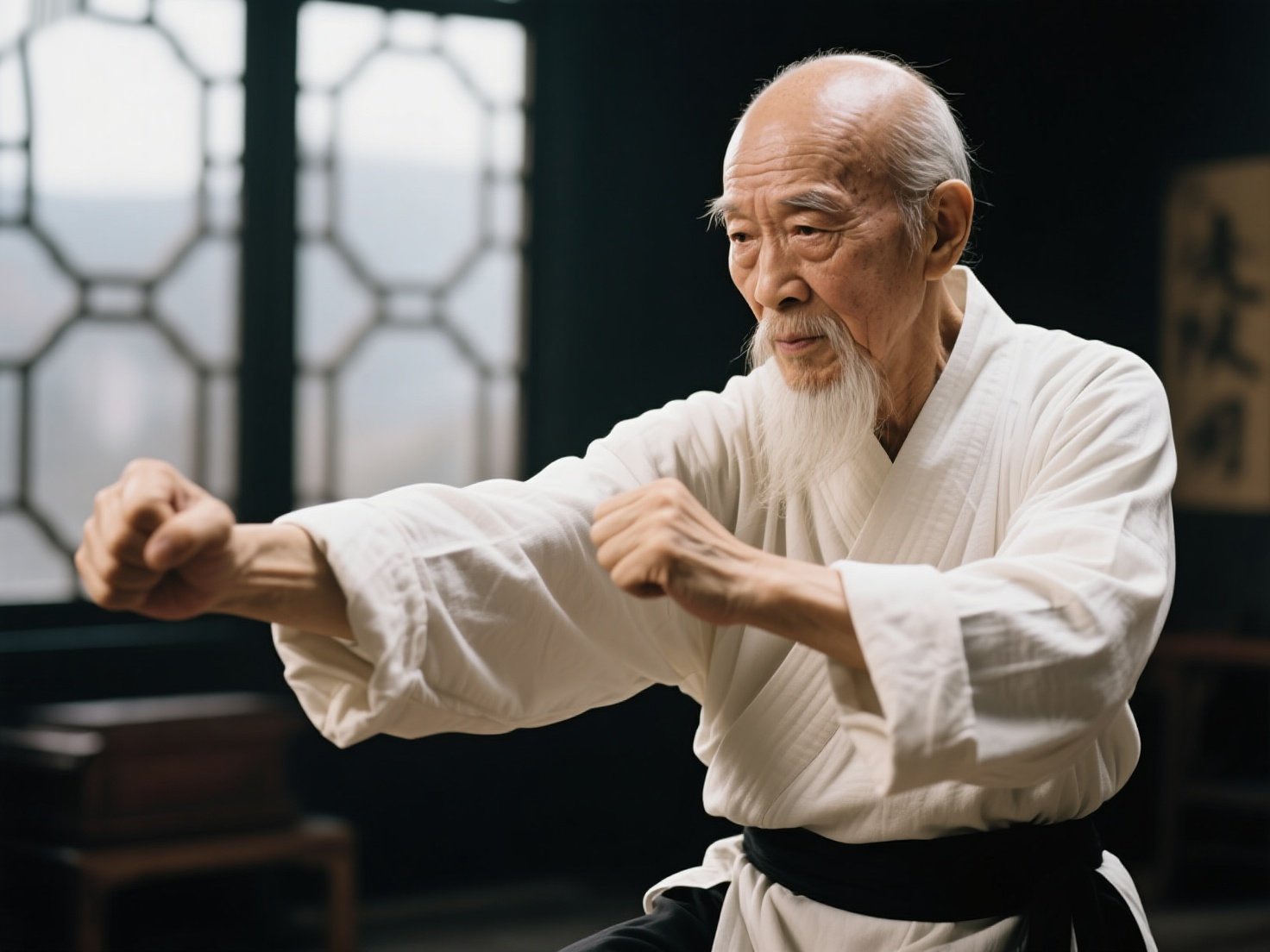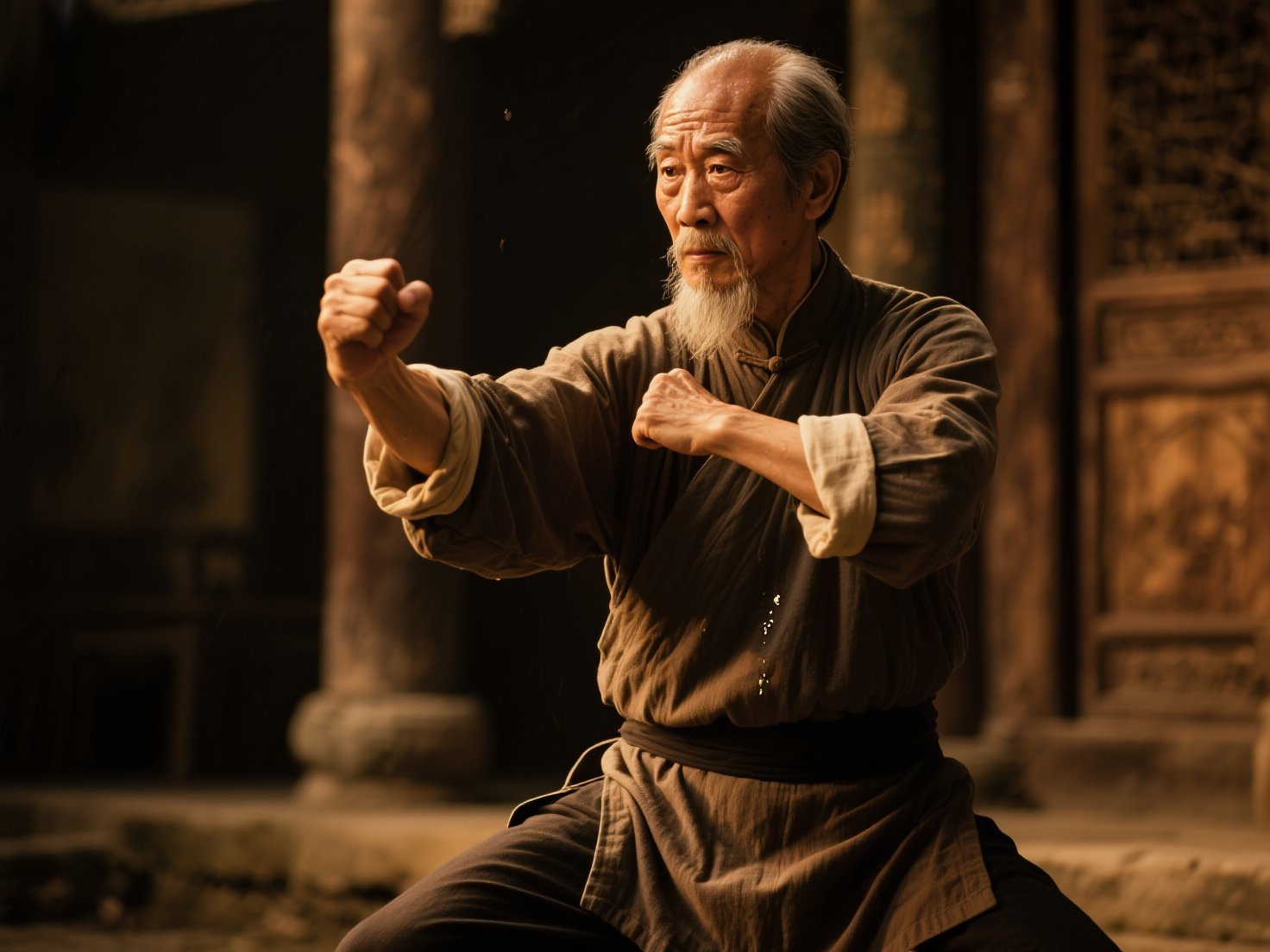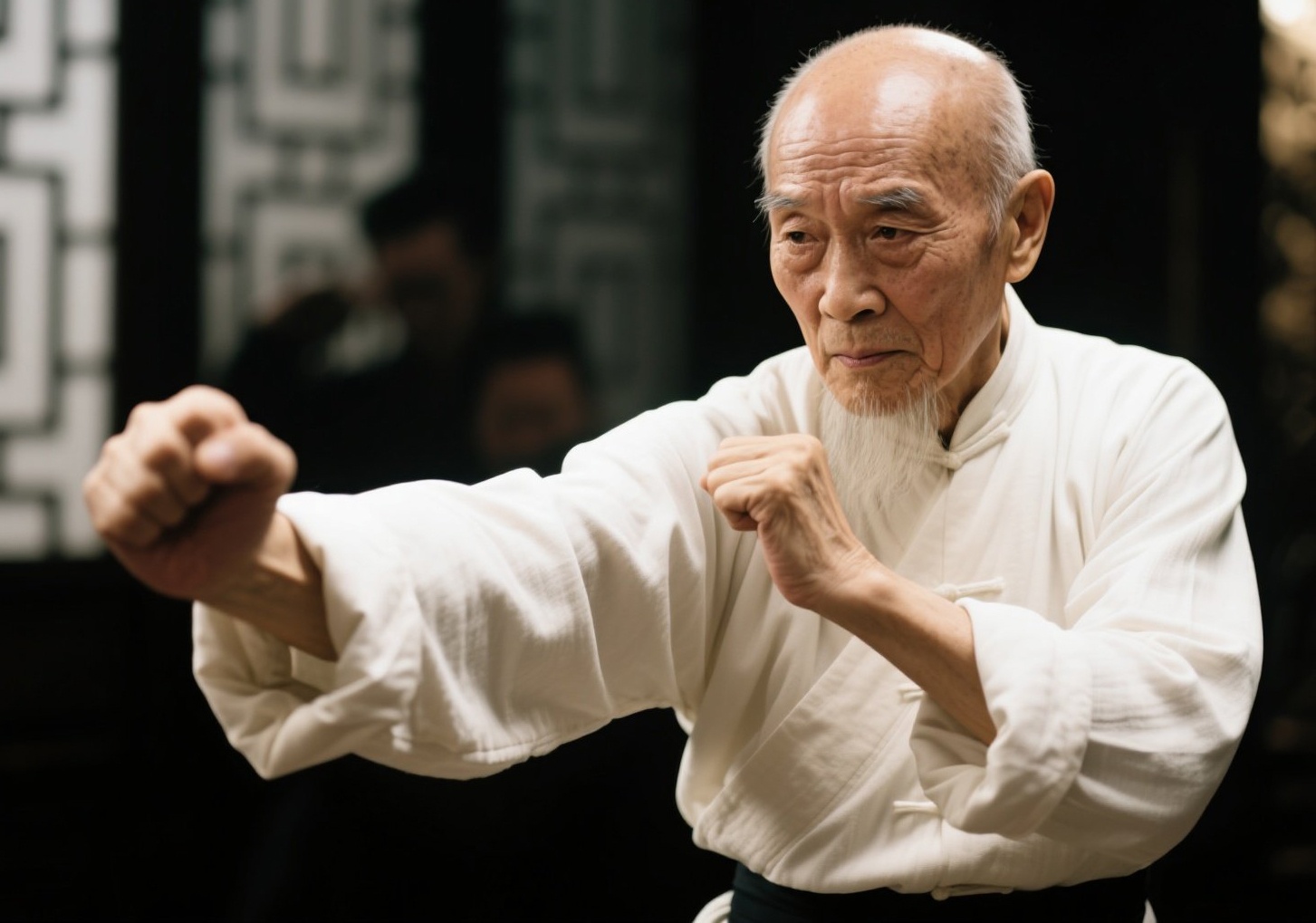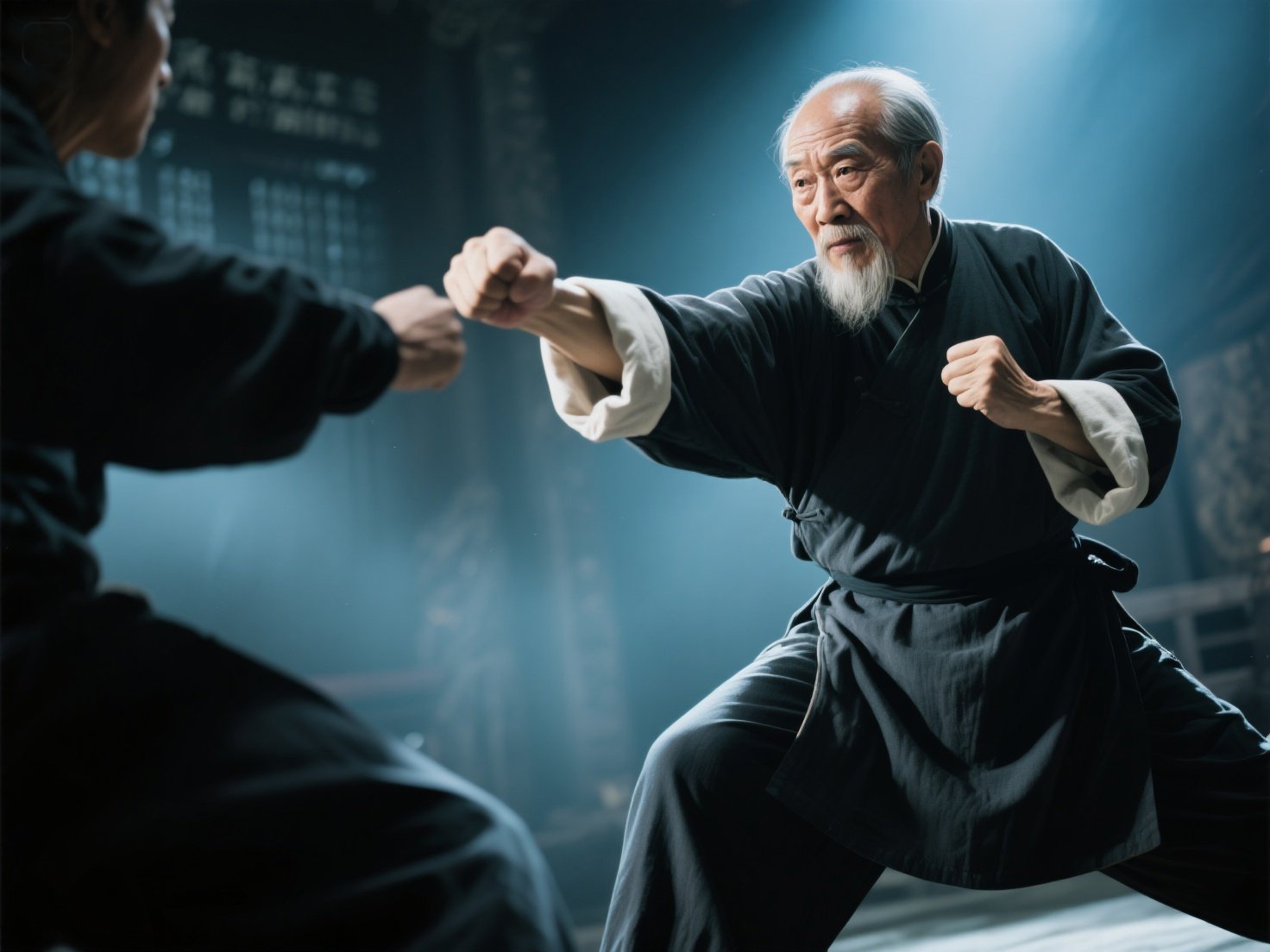How to Learn Bak Mei Quan: A Comprehensive Guide
Bak Mei Quan, also known as White Eyebrow Kung Fu, is a traditional Chinese martial art that has gained international recognition for its unique techniques, practicality, and cultural depth. Originating from Guangdong, China, Bak Mei Quan combines striking, kicking, and acrobatic movements with a strong emphasis on mindfulness and discipline. If you’re interested in learning Bak Mei Quan, whether for self-defense, physical fitness, or personal growth, this guide will provide you with a step-by-step approach to mastering this ancient martial art.

1. Understand the Basics of Bak Mei Quan
Before diving into training, it’s essential to understand the philosophy and principles behind Bak Mei Quan. This martial art is rooted in the concepts of balance, harmony, and self-improvement, drawing from Confucianism and Taoism. Its techniques are designed to be practical and efficient, making it ideal for real-life self-defense situations.
Core Principles : Familiarize yourself with the core principles of Bak Mei Quan, such as mindfulness, focus, and adaptability. These principles will guide your training and help you stay grounded.
Historical Context : Learning about the history and cultural significance of Bak Mei Quan can deepen your appreciation for the art and inspire your practice.
2. Find a Reputable Instructor or School
Like any martial art, learning Bak Mei Quan requires guidance from an experienced instructor. A qualified teacher can provide proper instruction, correct your technique, and ensure your safety during training.
Research Local Schools : Look for Bak Mei Quan schools or martial arts studios in your area. Check reviews, ask for recommendations, and visit the school to meet the instructors.
Online Resources : If there are no local schools, consider online tutorials or instructional videos from reputable sources. However, online learning should be supplemented with in-person practice if possible.
3. Start with the Fundamentals
Every martial art begins with foundational techniques, and Bak Mei Quan is no exception. Mastering the basics is crucial for building a strong skill set and preventing injury.
Stance Training : Learn and practice the basic stances, such as the horse stance and bow stance. These stances provide stability and balance, which are essential for all movements.
Punching and Kicking Techniques : Focus on mastering basic punches, kicks, and strikes. Pay attention to proper form, speed, and precision.
Breathing and Mindfulness : Bak Mei Quan emphasizes the connection between breath and movement. Practice controlled breathing to enhance your focus and energy flow.
4. Practice Regularly
Consistency is key to mastering Bak Mei Quan. Regular practice will help you build muscle memory, improve your technique, and increase your overall fitness.
Daily Drills : Dedicate time each day to practice basic techniques, such as punching, kicking, and stance transitions.
Sparring Sessions : Once you’ve mastered the basics, participate in controlled sparring sessions to apply your skills in a realistic setting.
Conditioning Exercises : Incorporate strength training, flexibility exercises, and cardio workouts to improve your physical fitness and endurance.
5. Study Advanced Techniques
As you progress in your training, you’ll be introduced to more advanced Bak Mei Quan techniques, such as acrobatic movements, joint locks, and pressure point strikes.
Acrobatics and Flips : Bak Mei Quan incorporates dynamic movements like cartwheels and flips, which require strength, balance, and coordination.
Pressure Point Strikes : Learn how to target specific pressure points to incapacitate an opponent effectively.
Weaponry : Some Bak Mei Quan schools teach the use of traditional weapons like the staff or sword. If you’re interested, ask your instructor about weapon training.
6. Embrace the Mental and Cultural Aspects
Bak Mei Quan is more than just physical training; it’s a holistic practice that fosters mental clarity, discipline, and cultural understanding.
Mindfulness and Meditation : Many Bak Mei Quan practitioners incorporate mindfulness and meditation into their training to enhance focus and emotional well-being.
Cultural Respect : Take time to learn about the cultural roots of Bak Mei Quan and the philosophies that inspired its creation. This will deepen your connection to the art.
Community Engagement : Join Bak Mei Quan communities or forums to connect with other practitioners and share your experiences.
7. Attend Workshops and Seminars
To accelerate your learning and gain insights from experienced practitioners, consider attending Bak Mei Quan workshops or seminars. These events often feature guest instructors, advanced techniques, and opportunities for hands-on practice.
Local Events : Check for Bak Mei Quan events in your area. These are great chances to learn from experts and network with other martial artists.
International Training : If possible, travel to China or other countries to train with master instructors and immerse yourself in the art’s cultural context.
8. Stay Patient and Persistent
Learning Bak Mei Quan is a journey that requires patience, dedication, and perseverance. Avoid comparing yourself to others and focus on your own progress.
Set Goals : Break your learning process into achievable goals, such as mastering a specific technique or completing a training level.
Celebrate Progress : Acknowledge and celebrate your achievements, no matter how small. This will keep you motivated and confident.
Conclusion
Learning Bak Mei Quan is a rewarding journey that offers physical, mental, and emotional benefits. By understanding the art’s principles, finding a qualified instructor, mastering the fundamentals, and staying committed to your practice, you can unlock the full potential of Bak Mei Quan. Whether you’re training for self-defense, fitness, or personal growth, this ancient martial art will enrich your life in countless ways.
So, take the first step today and embark on your Bak Mei Quan journey. With dedication and persistence, you’ll soon experience the transformative power of this timeless martial art!







